Singapore to recognize Palestine, but differently from its neighbors
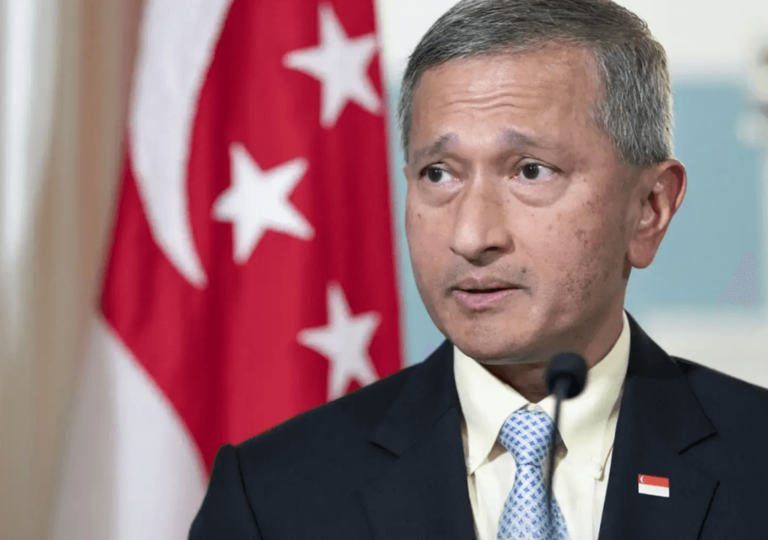
Singapore to recognize Palestine if effective government formed, denounces terrorism and accepts Israel's right to exist

Singapore to recognize Palestine if effective government formed, denounces terrorism and accepts Israel's right to exist
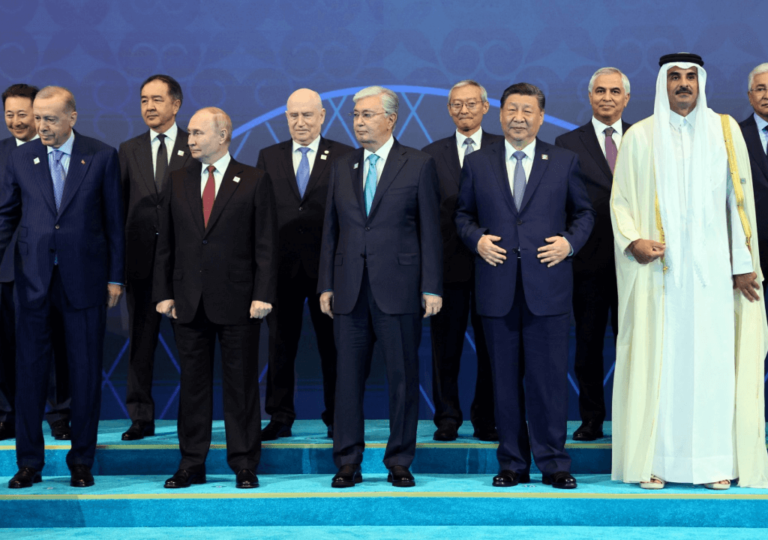
SCO summit tests China-Russia partnership amid bipolarization in Asia
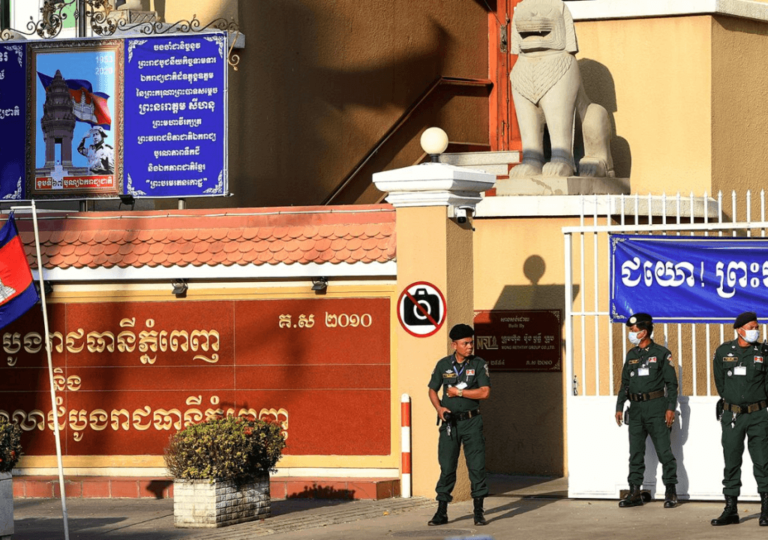
Cambodian court jails 10 Mother Nature activists for 6-8 years in blow to civil society.
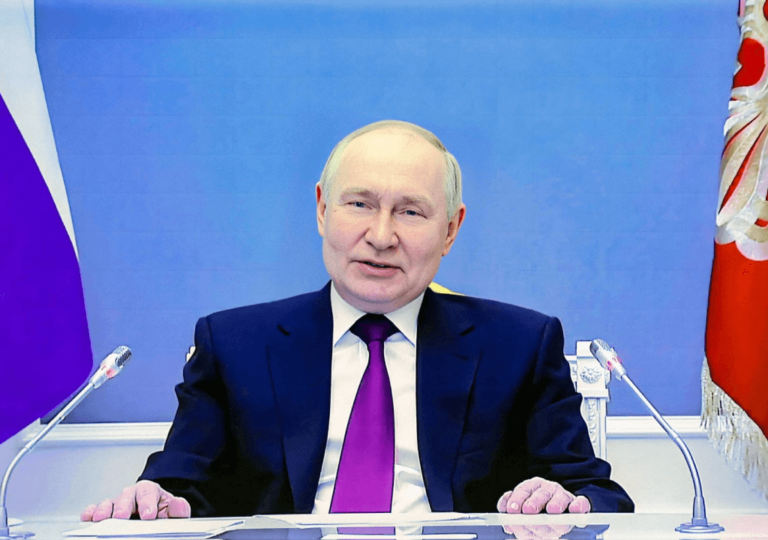
Russia's economy stays afloat despite sanctions, thanks to trade with China, India, Iran, and allies via North-South corridor.
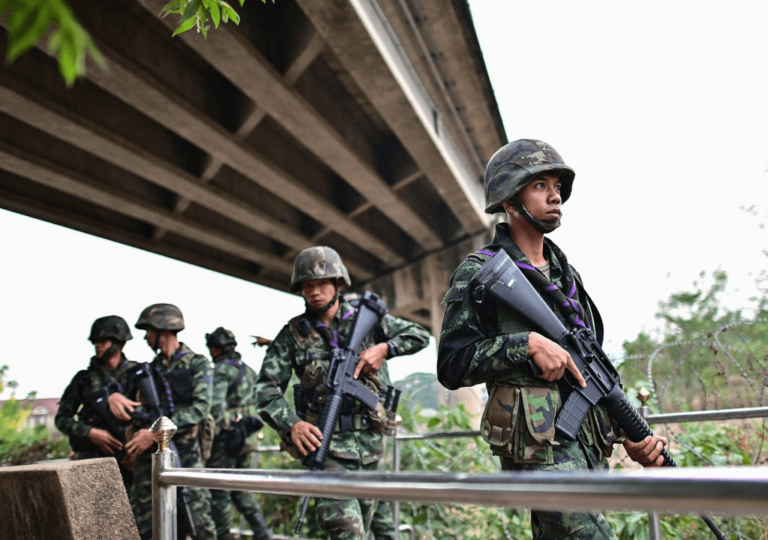
Myanmar military's financial ties with Thailand revealed in UN report, as junta adapts to sanctions
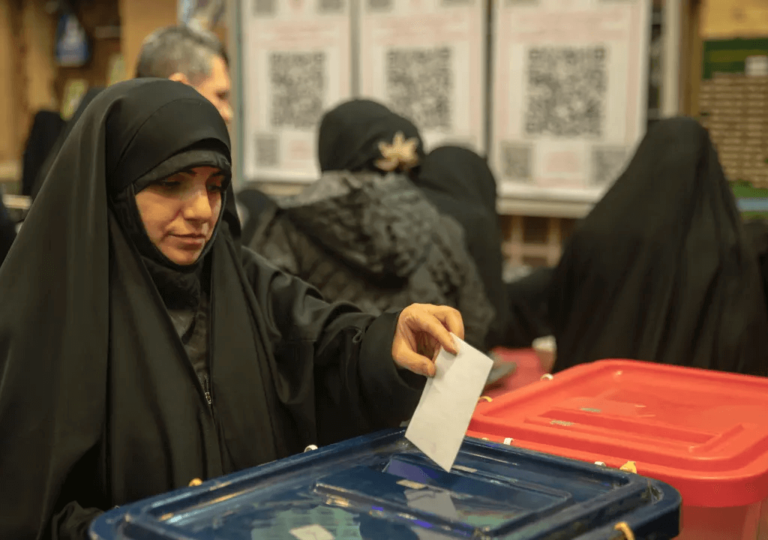
Low voter turnout in Iran's presidential election as reformist Pezeshkian and hardliner Jalili head to runoff.
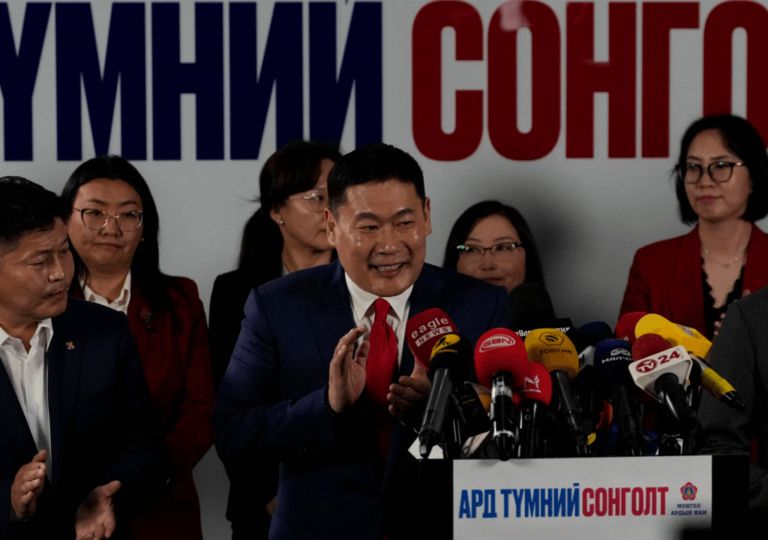
Mongolian ruling party wins reduced majority amid public anger over corruption and economy.
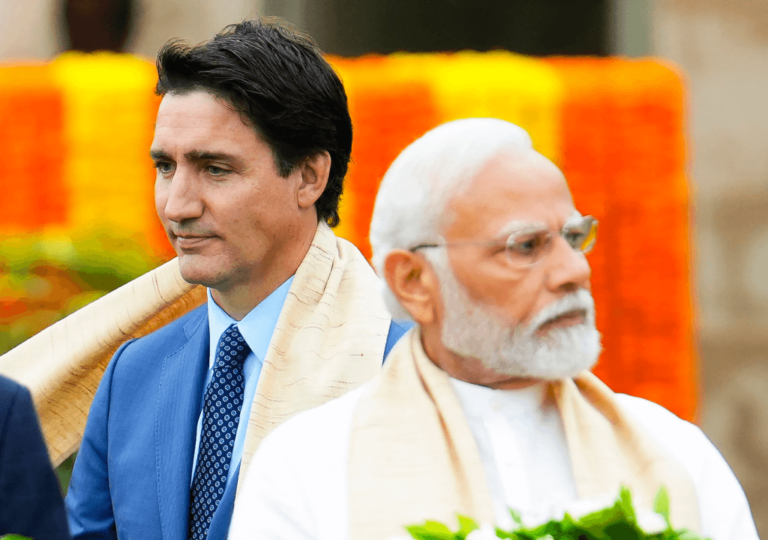
Tensions between India and Canada over Sikh extremism and immigration issues have strained diplomatic ties.
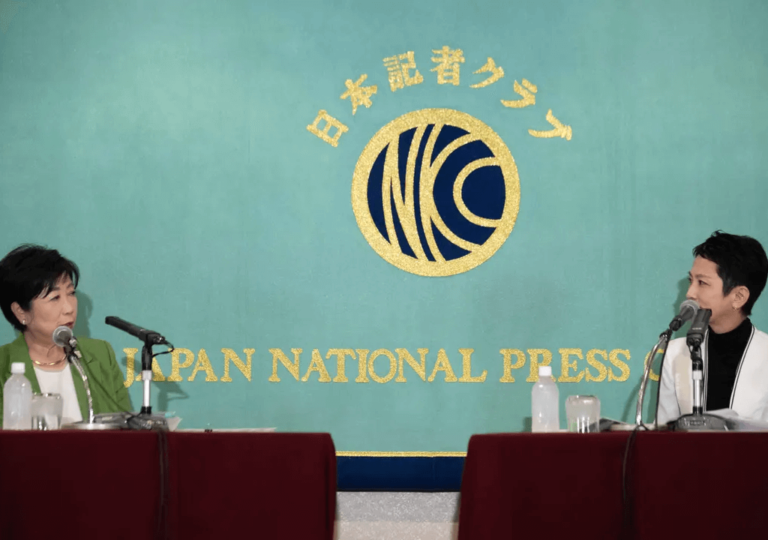
Tokyo governor race: Koike and Renho vie for city's top job amid demographic crisis
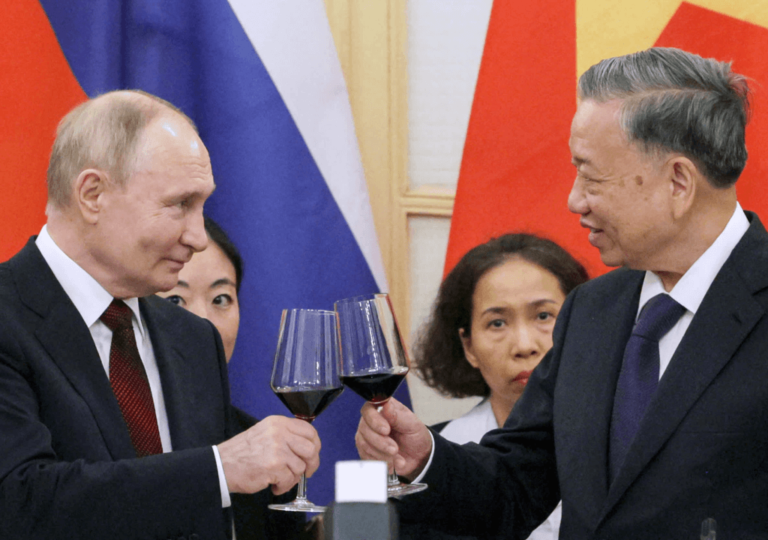
Vietnam's policy of non-alignment causes confusion, especially after recent receptions of Putin and ongoing Russia ties